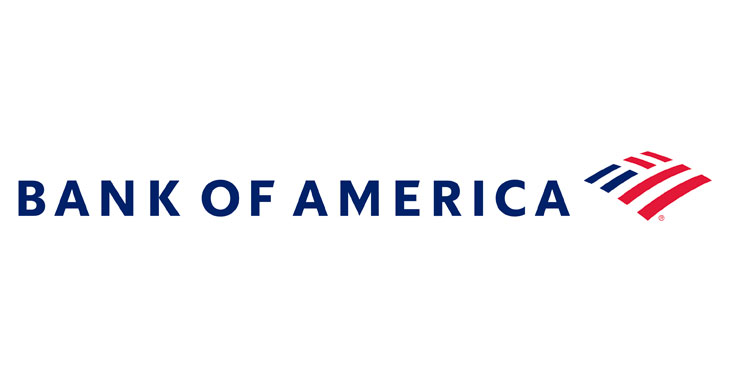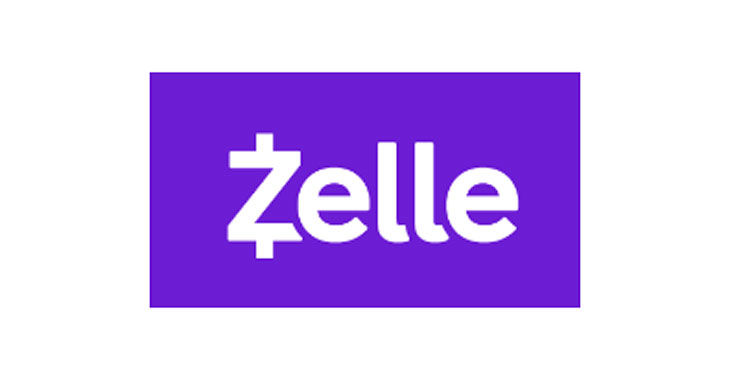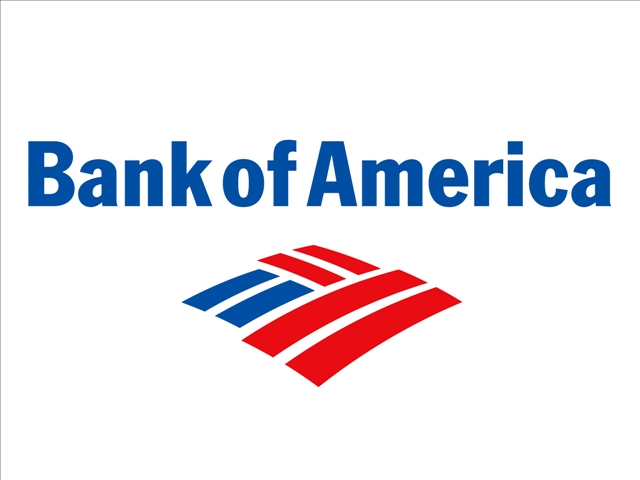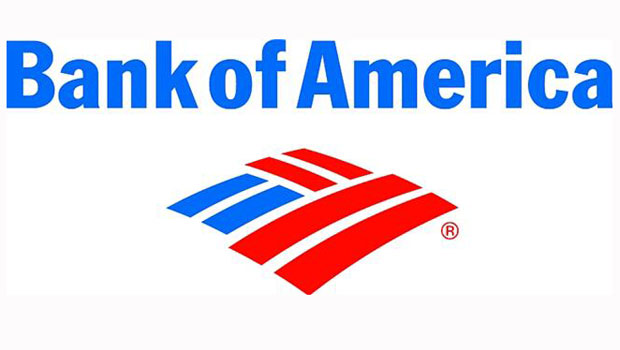
Overdraft Fees at Bank of America
Allegations: Misrepresenting when and how many overdraft fees consumers will be charged
January 2022: The Court granted final approval of the settlement agreement.
July 2021: The Court preliminarily approved a settlement agreement. For more information, go to http://www.nsfodsettlement.com/.
2018: A class-action lawsuit was filed against Bank of America for allegedly misrepresenting that customers will only be charged one non-sufficient fund fee or overdraft fee on the same transaction when, according to the complaint, the bank improperly charges multiple non-sufficient fund fees and overdraft fees on the same transaction. Plaintiffs also claim that the bank improperly charges monthly savings account service fees on savings accounts that meet all of the requirements for a waiver of such fees. The complaint was originally filed in March 2018 and amended in July 2018. (Morris et al v. Bank of America, N.A., Case No. 18-cv-157, W.D.N.C.)
Allegations: Misrepresenting when and how many overdraft fees consumers will be charged
Allegations: Falsely representing that consumers must pay a fee to transfer money
Allegations: Preventing consumers from giving negative reviews of Bank of America on its website and app
Allegations: Misleadingly marketing money transfers as safe and secure without disclosing that there’s a high risk of fraud and customers who lose money in unauthorized transactions are often not reimbursed
Allegations: Failing to disclose that customers will be charged fees on incoming wire deposits
Allegations: Misrepresenting when consumers will be charged overdraft fees
Allegations: Misrepresenting when consumers will be charged overdraft fees
Allegations: Misleadingly marketing Zelle as fast, safe, and secure without disclosing that accountholders who lose money due to fraud have no recourse for reimbursement of lost funds
Allegations: Failing to disclose the risks associated with using money transfer apps, including that consumers who lose money due to fraud will not be reimbursed
Allegations: Falsely representing that it would provide accountholders with refunds of various bank fees during the COVID-19 pandemic when the bank systematically refused to provide refunds
Allegations: Misleadingly representing that the bank would “offer assistance to qualifying consumer[s]” during the COVID-19 pandemic when the bank rejected requests for assistance
Lawsuits take aim at so-called non-disparagement clauses.
CFPB order provides refunds to consumers harmed by Bank of America’s practices.
A majority have faced false-ad challenges within past five years.
A direct mail advertisement by Bank of America promoting low refinancing rates for homeowners has some consumer advocates concerned the materials may be misleading. American Banker reported this week that…






